A Clinician's Guide to Think Good-Feel Good —— Using CBT with Children and Young People
----- 良好的思考-良好的感觉临床医师指南:与儿童与青少年有关的CBT的使用
About the author. Acknowledgements. On-line resources. 1 Overview. Engagement and readiness to change. Formulations. The Socratic process and inductive reasoning. Involving parents in child-focused CBT. The process of child-focused CBT. Adapting CBT for children. Core components of CBT programmes for internalising problems. 2 Engagement and readiness to change. Engaging with children. The Stages of Change. Motivational interviewing. When would CBT not be indicated? 'The Scales of Change'. 3 Formulations. Key aspects of a formulation. Mini-formulations. General cognitive formulations. Onset formulations. Complex formulations. Problem-specific formulations. Common problems. 'The Negative Trap'. 'The 4-part Negative Trap'. 'Onset Formulation Template'. 4 The Socratic process and inductive reasoning. Facilitating self-discovery. The structure of the Socratic process. Inductive reasoning. The Socratic process. The Socratic process and collaborative empiricism. What makes a good Socratic question? How does it work? Common problems. 'The Chain of Events'. 5 Involving parents in child-focused CBT. The importance of involving parents. Clinical benefits of parental involvement. Model of change. The role of parents in child-focused CBT. Parental involvement. Common components of parent-focused interventions. Two final thoughts. 'What is Cognitive Behaviour Therapy (CBT)?' 'What Parents Need to Know about Cognitive Behaviour Therapy (CBT)'. 6 The process of child-focused CBT. The therapeutic process of child-focused CBT. PRECISE in practice. 7 Adapting CBT for children. The cognitive capacity debate. Adapting CBT for use with children. Visualisation. 'The Thought Tracker Quiz: What are the thinking errors?' 'Responsibility Pies'. 'When I Feel Worried'. 'When I Feel Angry'. 'When I Feel Sad'. 'Sharing our Thoughts'. 8 Core components of CBT programmes for internalizing problems. What is the balance between cognitive and behavioural strategies? Do we need to directly focus upon dysfunctional cognitions and processes? What cognitions or cognitive processes might be important? Does cognitive change result in problem improvement? Is CBT effective? What are the effective components of CBT interventions? Where is it best to start? How many treatment sessions are needed? What about home-based assignments? What are the core components of standardised CBT programmes? Psychoeducational materials. 'Beating Anxiety'. 'Fighting Back Depression'. 'Controlling Worries and Habits'. 'Coping with Trauma'. References. Index.
{{comment.content}}
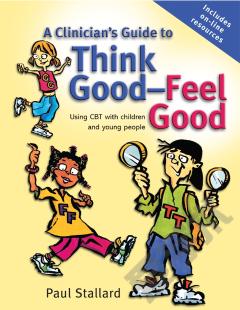
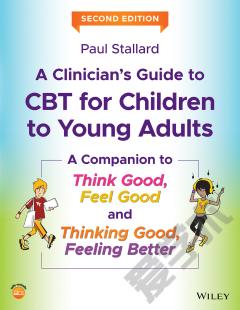
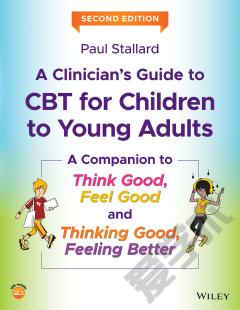
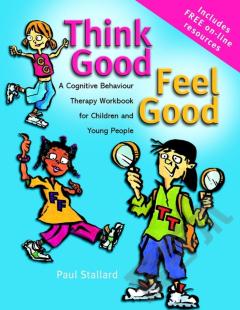
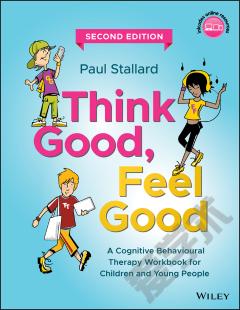
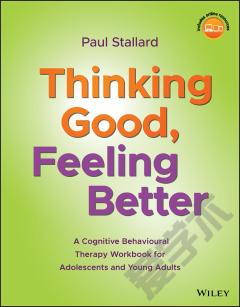
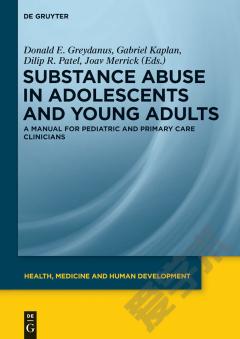

 京公网安备 11010802027623号
京公网安备 11010802027623号